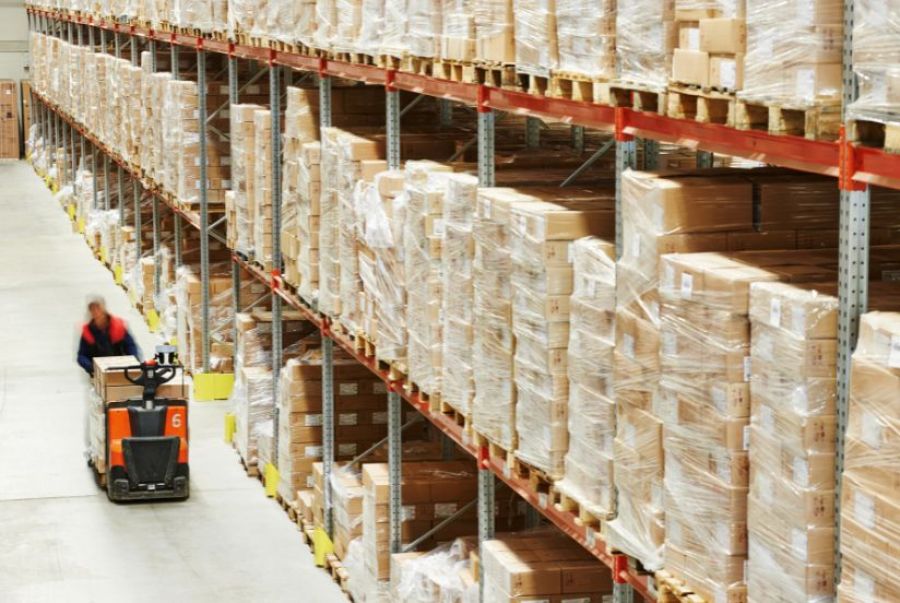Maximizing Efficiency in Volume LTL Shipments

TL;DR: Maximizing efficiency in Volume LTL shipping reduces costs and improves customer satisfaction. This guide covers strategies like route optimization, technology utilization, and strong carrier partnerships to enhance operations and achieve cost-effective, timely deliveries.
Efficiency in Volume LTL shipping is paramount as it directly impacts operational costs, customer satisfaction, and overall competitiveness. Streamlining processes, optimizing routes, and utilizing technology contribute to enhanced efficiency, ensuring timely deliveries and cost-effective operations in the dynamic world of LTL shipping. In this guide, we will share the best strategies for Volume LTL shipping optimization so that you/your business can avoid unnecessary costs and maximize your savings.
Understanding Volume LTL Efficiency
Efficiency in Volume LTL shipping involves optimal resource use, streamlined processes, and technology utilization for transporting multiple smaller shipments on shared trucks. This minimizes costs and ensures timely deliveries. Streamlined processes, optimized routes, and effective resource utilization directly reduce costs by minimizing fuel consumption, labor expenses, and operational inefficiencies. Improved efficiency reduces transit times, and holding costs, and enhances customer satisfaction, fostering positive brand perception and loyalty.
Streamlining Operations
Efficient order processing and fulfillment are crucial for customer-centric business operations. Leveraging advanced order management systems, automated workflows, and real-time inventory tracking accelerates processing, ensuring swift and accurate fulfillment. This reduces lead times, enhances customer satisfaction, minimizes errors, and improves inventory accuracy. Prioritizing efficiency in these processes is a strategic investment that reduces operational costs, strengthens customer loyalty, and enhances competitiveness in the market.
Optimizing Packaging and Loading
Effective packaging is vital for optimizing shipping costs and logistics efficiency. Strategies include custom designs, nested packaging, vacuum packaging, flexible materials, stackable designs, modular components, and void fillers. Prioritizing balanced weight distribution in logistics enhances safety, stability, and fuel efficiency, contributing to a reliable and cost-effective supply chain
Utilizing Technology Solutions
Transportation Management Systems (TMS) centralize and streamline supply chain logistics, managing route planning, carrier selection, tracking, and analytics. Using data and automation, TMS enhances decision-making, improves efficiency, and reduces transportation costs. Integration with other supply chain tools ensures seamless communication and coordination. TMS is crucial for optimizing visibility, control, and efficiency in transportation, making it a key component in supply chain operations.
Carrier Relationship Management
Building strong volume LTL carrier partnerships is vital for a reliable and efficient supply chain, fostering trust, improved service quality, and consistent performance. Effective communication through technology for real-time updates and comprehensive shipment details is crucial, ensuring transparency and smooth operations. Collaborative problem-solving with carriers is key to achieving mutual efficiency gains, fostering a proactive and adaptive supply chain. Open dialogue and leveraging expertise from both parties help overcome obstacles, optimize processes, and enhance overall efficiency in collaborative efforts.
Route Optimization
Efficient shipping route optimization is vital for cost reduction and enhanced supply chain performance. Utilizing data analytics for route planning, businesses can minimize fuel consumption and transit times. Analyzing historical data and considering dynamic adjustments in response to real-time changes, such as weather or traffic disruptions, enables informed decision-making and ensures flexibility in addressing unforeseen challenges.
Sustainability Initiatives for Efficiency
In Volume Less Than Truckload (LTL) shipping, adopting eco-friendly practices is crucial. This includes fuel-efficient vehicles, optimized routes, and minimized packaging waste for a socially responsible supply chain. Sustainable practices lead to cost savings, operational efficiency, reduced fuel consumption, and lower transportation costs in Volume LTL. Investing in eco-friendly technologies allows businesses to achieve economic advantages while benefiting the environment through streamlined and resource-efficient logistics operations.
Employee Training and Engagement
Well-trained staff is crucial for efficiency in Volume Less Than Truckload (LTL) shipping. Ongoing training and skill development reduce errors, improve logistics performance, and enhance adaptability to industry advancements. Employee engagement is pivotal for productivity, as motivated and collaborative employees contribute to operational excellence. Fostering a positive work environment directly influences the efficiency and overall success of Volume LTL freight operations.
Continuous Improvement Practices
Establishing a culture of continuous improvement is vital in refining Volume Less Than Truckload (LTL) shipping operations. Consistently seeking better ways to optimize processes and increase efficiency is encouraged. Regular performance evaluations and adjustments, based on key performance indicators, ensure strategies align with goals and adapt to changing circumstances. Implementing feedback loops from stakeholders provides valuable insights for ongoing refinement in the dynamic Volume LTL industry.
Conclusion
In summary, key strategies for maximizing efficiency in Volume LTL shipments include implementing advanced technologies for route optimization, utilizing data analytics for informed decision-making, optimizing packaging strategies for space utilization, and fostering strong partnerships with carriers.
Get the an instant Volume LTL freight quote or learn more about Sunset Pacific Transportation’s Volume LTL services.









